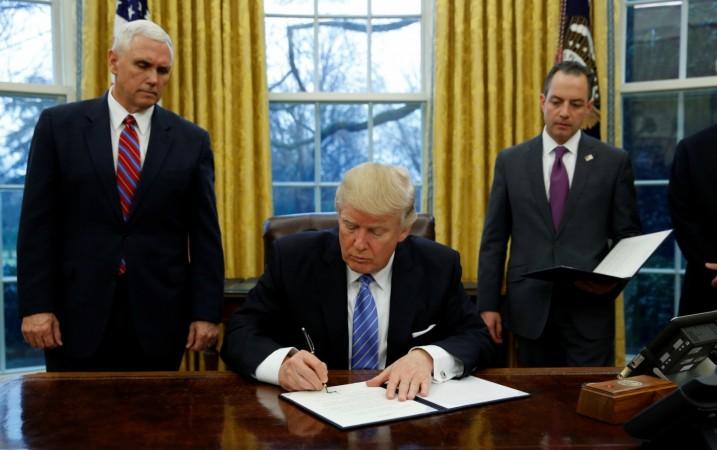
A model by economists at Pictet Asset Management in London reckons a 10 percent tariff on US trade fully passed on to the consumer could tip the global economy into a state of stagflation and knock 2 and a half percent off corporate earnings.
But equally likely to be affected from the fallout of a full-blown trade war are the economies of a number of countries that are tightly integrated into the global value chain - which companies increasingly use to fragment production of their goods.
The model, that ranks countries by their participation rate in global value chains, defined by the World Trade Organization as the sum of the foreign value-added content of a country's exports and value-added supplied to other countries exports.
It reveals countries like Taiwan, Hungary, the Czech Republic, South Korea, and Singapore could be equally if not more vulnerable to the risk of a trade spat than the two currently front and centre.
Taiwan, for instance, is a hub for the technology and semiconductor industry and is home to large electronic contract manufacturers such as Foxconn, which manufactures Apple's iPhone, among several other major devices. Electronic integrated circuits accounted for 40 percent of Taiwan's total exports.
Hungary, whose biggest trading partner outside the EU is the United States, enjoys large investment inflows thanks to a large manufacturing base, particularly in the auto sector. Cars and motor vehicle parts were Hungary's two biggest exports in 2016, accounting for 15 percent of the country's total.
While the trade war with China is a worrisome move for investors globally, Trump's tariffs on goods from the European Union, India, Canada and Mexico are also likely to severely affect global trade. A leaked memo from the White House indicated that the Trump administration may seek to leave the World Trade Organisation, further escalating tensions.

















